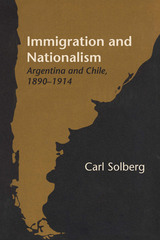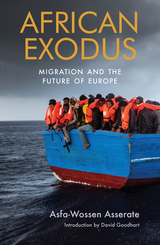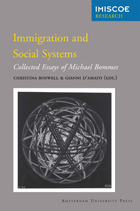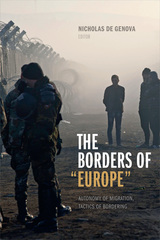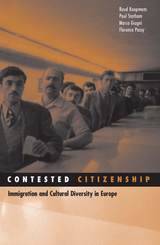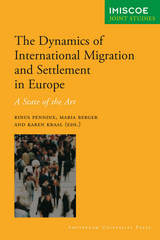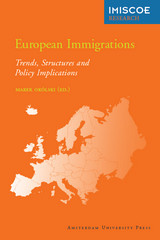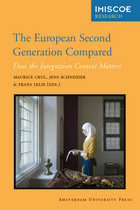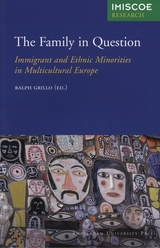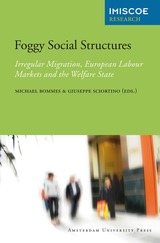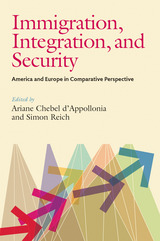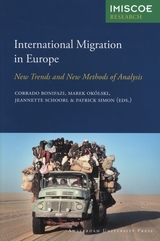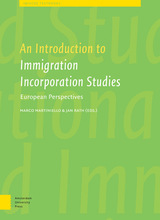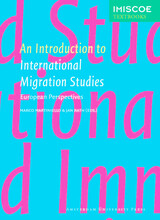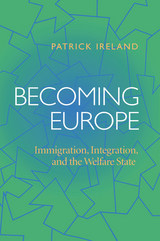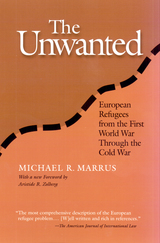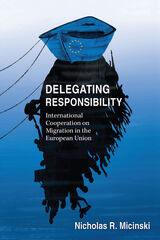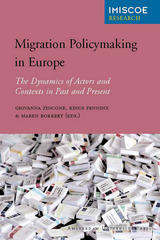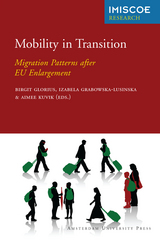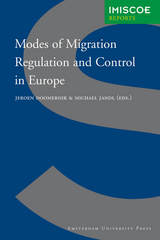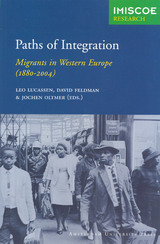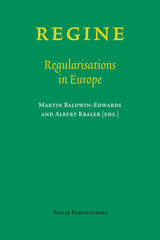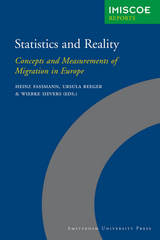Cloth: 978-0-674-44423-2
Library of Congress Classification JV7590.H65 1992
Dewey Decimal Classification 304.8094
This timely study of the recent migration tides explores the political and economic factors that have influenced the rise of immigration in postwar Europe and the United States. It seeks to explain immigration in terms of the globalization of labor markets and the expansion of civil rights for marginal groups in the liberal democracies.
Immigration raises emotional issues of nationalism and citizenship. Territorial norms of community and nationhood come into conflict with the liberal ideal of free, rational individuals seeking a better life for themselves and their families. Yet immigration has been an essential ingredient in economic growth. How then can liberal states reconcile economic pressures to maintain adequate supplies of labor with political pressures to protect citizenship and safeguard rights that are accorded, in principle, to every member of society?
Three prominent democracies—France, Germany, and the United States—are chosen for study because their experience illustrates the dilemma that liberal states must face when trying to control immigration. The author carefully distinguishes differences in the factors that influence each state’s struggle to resolve the status of the “guest” worker and the “illegal” immigrant. Yet he finds that the accretion of rights for aliens and the globalization of markets have led to a convergence of immigration policies in the industrialized West.
See other books on: Foreign workers | Markets | Political Economy | Postwar Europe | States
See other titles from Harvard University Press

